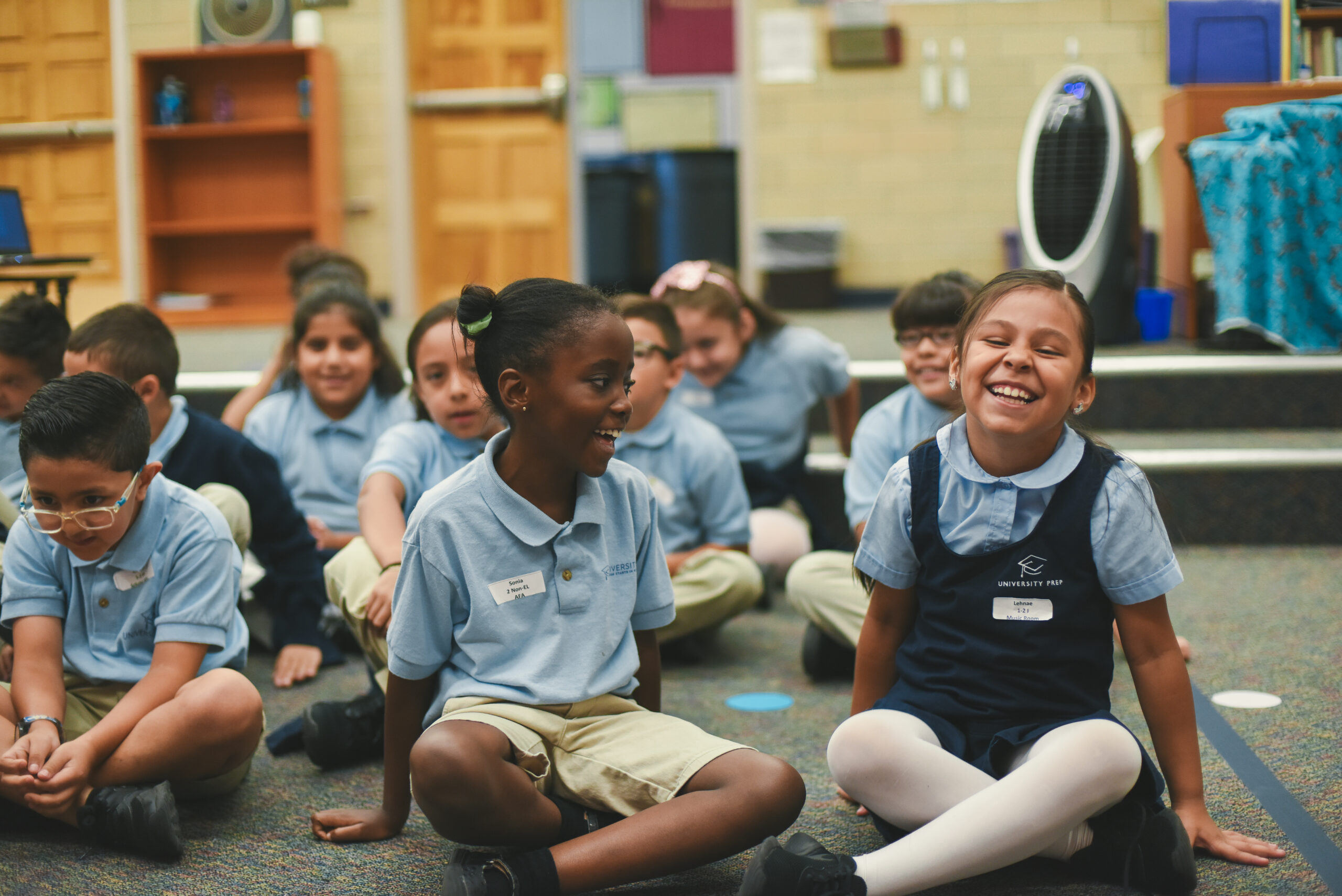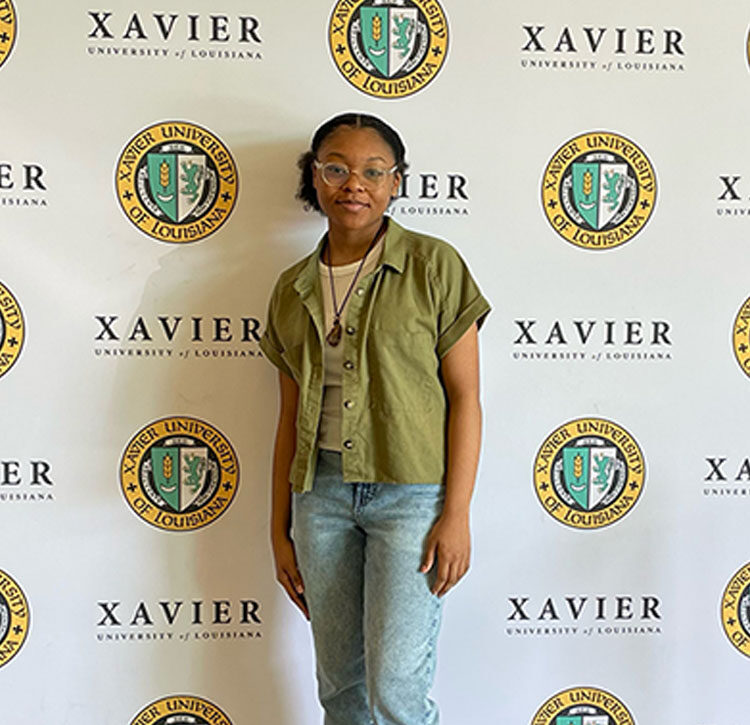 In today’s world, deciding where to send your child to school goes beyond proximity. Parents are considering everything from the location and environment to the curriculum and teaching methods.
In today’s world, deciding where to send your child to school goes beyond proximity. Parents are considering everything from the location and environment to the curriculum and teaching methods.
While researching school options, you may have encountered the term “transformative learning” and wondered how it differentiates from traditional education. Let us break it down for you—and explain why we’ve chosen this approach at University Prep (U Prep).
What Is Transformative Learning?
Transformative learning might sound a bit haughty, but it’s actually quite simple: It’s a theory of learning based on nurturing independent and critical thinking. Developed by sociologist Jack Mezirow, transformative learning places experience and critical reflection at the heart of learning. Students are encouraged to question their underlying assumptions when engaging with new concepts, brainstorm with classmates and listen to others’ ideas, and then apply their newfound wisdom.
For example, a basic lesson on weather in our kindergarten class may evolve into an immersive venture where kids observe what’s happening outside, discuss their experiences, and connect weather patterns to their daily lives.
What’s unique about transformative learning is that it empowers your child to do more than simply absorb facts—it teaches them to question and re-evaluate their pre-existing beliefs. This approach instills in them the ability to challenge their own ideas and adopt new ones with an open mind. In other words: It teaches them how to learn.
Why U Prep Teaches Transformative Learning
Our decision to teach transformative learning is not based on a fleeting educational trend. It’s a steadfast commitment to your children’s futures. Here are five key reasons we believe in this progressive approach:
#1: It Promotes Critical Thinking
Transformative learning is all about critical thinking—coaxing your child to question what they know and challenge their initial assumptions, which allows them to delve deeper into whatever subject they’re focused on.
Take a third-grade history lesson: Instead of trying to memorize dates and events, kids actually dissect a historical event from multiple angles. They’re encouraged to ponder why it happened, explore how things could have unfolded differently (and what outcomes would have resulted), and reflect on how it impacted the world.
The idea isn’t just to make history class more interesting, but to equip your child with exceptional problem-solving skills and spark their creativity. All the information we could want is at our fingertips nowadays. We believe it’s far more important to have the skills to understand and analyze that information rather than memorize it.
#2: It Fosters Personal Growth
Transformative learning emphasizes personal growth. It’s about guiding your child on a journey of self-discovery through which they’ll learn to question their beliefs, recognize their biases, and welcome new viewpoints. It’s an adventure of introspection and exploration that helps shape them into well-rounded individuals.
By choosing transformative learning for your child, they’ll grow not just academically, but also emotionally and socially. This approach ensures they’re getting the full package when it comes to their learning—one that prepares them for the real world, not just the classroom.
#3: It Nurtures Effective Communication
Kids are so connected to their screens these days that you may be starting to worry about whether they’re developing good communication skills. Transformative learning can help.
Picture a fourth-grade math class. Instead of simply counting or identifying shapes, we sometimes have our scholars create a pretend store where they act as the shopkeepers and customers. They need to use their math skills to price items, make purchases, and provide change. But beyond the numbers, they’re also learning to communicate—expressing their needs as a customer or explaining the pricing as a shopkeeper. We want our scholars to be able to solve math problems and to be effective communicators who can express their answers with clarity and confidence.
#4: It Helps Learners Adapt to Change
The world is changing every day, so it’s essential that your child learns how to adapt. Transformative learning equips your child with the ability to adjust their understanding, learn new skills, and grow alongside the world around them. By choosing this approach to education, you’re giving your child critical tools that will allow them to grow into adaptable,resilient adults.
#5: It Encourages Lifelong Learning
For us, the most valuable part of transformative learning is that it inspires a love for learning that will stay with your child long after they leave our classrooms. This journey of inquiry, understanding, and constant transformation isn’t solely about their years in school—it’s about sparking a flame of curiosity that we hope extends into every aspect of their lives. We’re not just teaching them for today; we’re nurturing lifelong learners who will carry this passion and inquisitiveness throughout their lives.
Learn More About University Prep Schools
Now that you know more about transformative learning, we encourage you to consider how this educational approach can serve your child and help them achieve their full potential. If you’d like to learn more about U Prep, reach out to us, read some alumni stories, attend an open house, or complete an interest form. We look forward to speaking with you.





